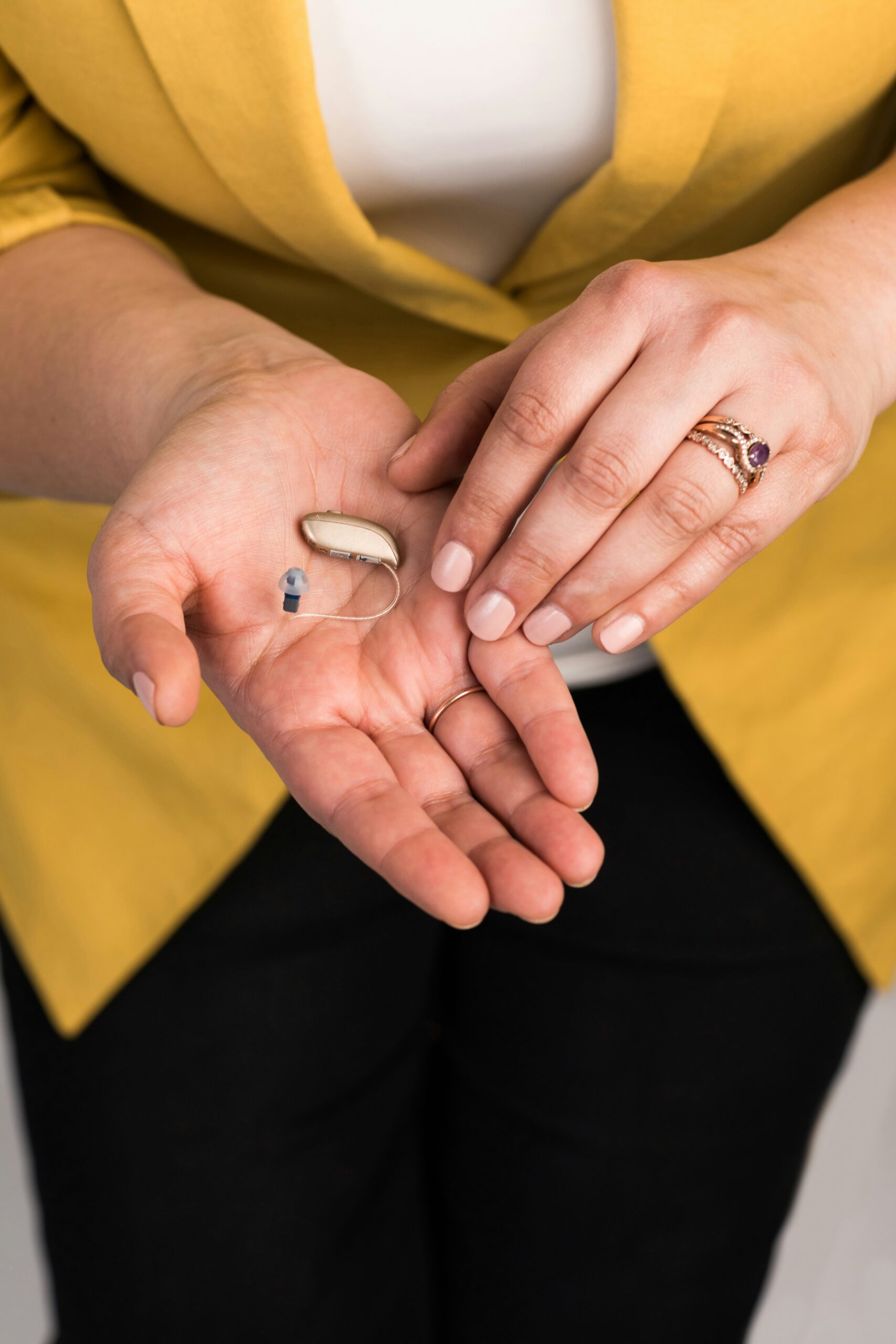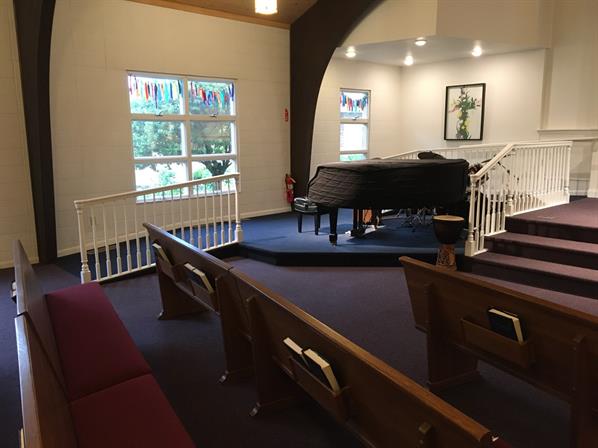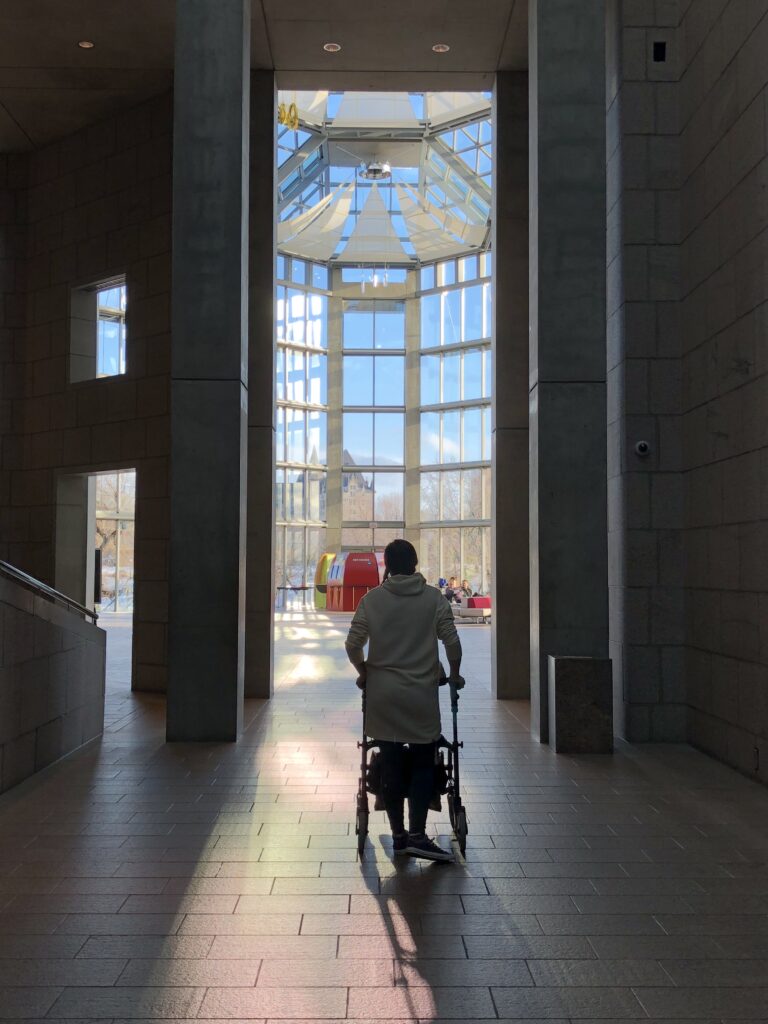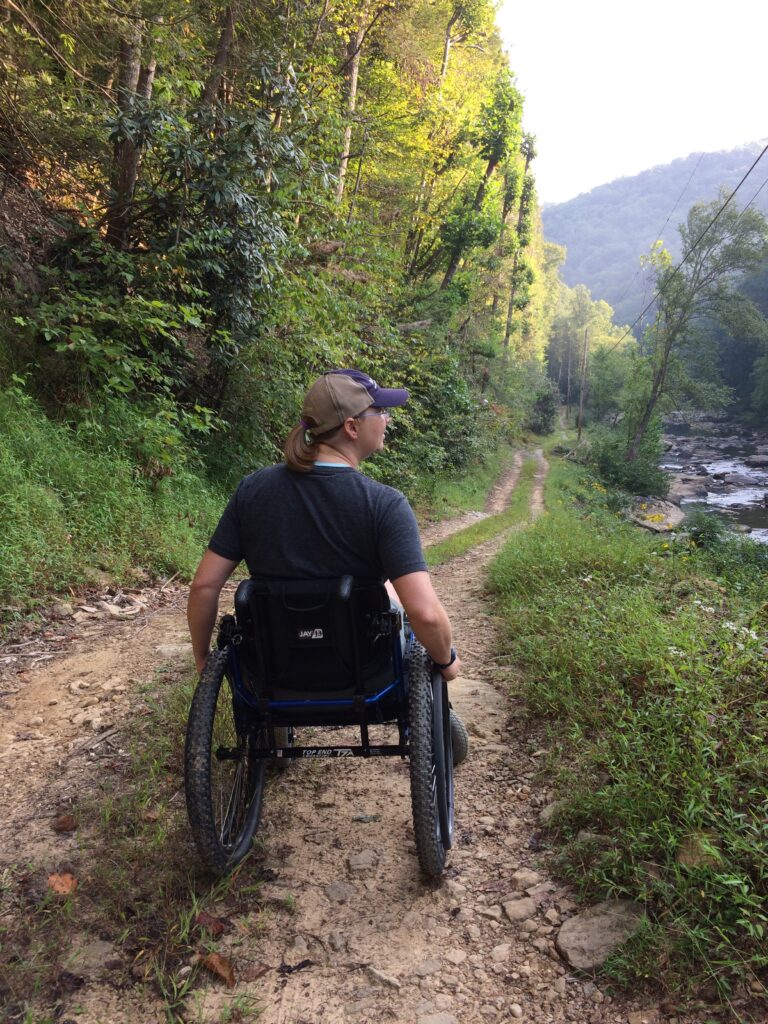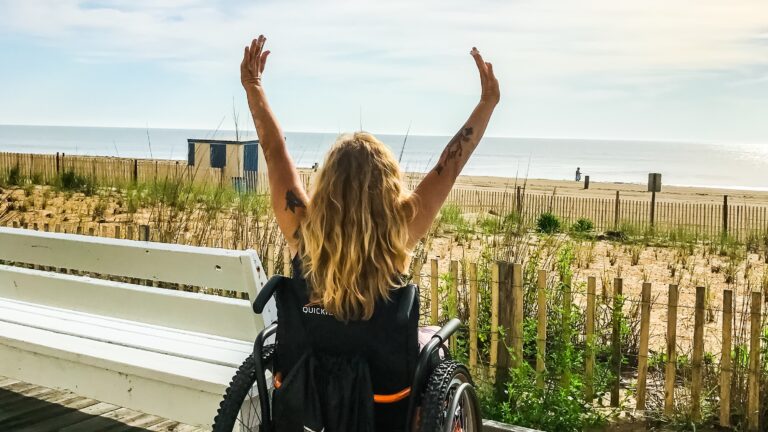Praying for Healing?
Editor’s Note:
The opinions expressed in guest contributions to Opening Doors are those of the author and may not reflect the official theology or opinions of Anabaptist Disabilities Network.
Some years ago, I was visiting a Mennonite congregation in Colombia as part of a sister church visit. On the morning that I was to leave a particular city, one of my hosts told me to pray that my hearing loss would be healed and assured me that God can do anything. I paused, unsure whether to just accept her good intentions or to try to find words for why I was uncomfortable with what she had said.
She leaned into my hesitation, reading it as doubt in God’s power, yet also curious about my experience. So I tried to explain that I have to live fully as I am now. Amazingly, she understood what I meant, and her face transformed with wonder. She shared that one of her children has a physical disability and that she worried for him, not sure how to help him with self-confidence. “Encourage his strengths,” I suggested, “instead of focusing on what is wrong with him.” She nodded thoughtfully.
That conversation has remained vivid through the years as a rare moment of care and transformation: for me to be able to say out loud that I am OK just as I am, and for her to recognize that her child might have challenges but that was not all that defined him. Most people that I encounter in my day-to-day life are too polite to tell me that I should pray to be healed or even to ask questions about how I am different from them. But the assumption that my hearing loss is a bad thing is common here in the U.S., as well as the places I have traveled.
This assumption can also be read in Scripture. In John 9:2:
“Who sinned? Was it this man or his parents?” asked Jesus’ disciples as they walked by a blind person one day.
"Neither," said Jesus.
In this story, Jesus heals the man’s blindness and reveals the blindness of those who refuse to acknowledge him as the light of the world. The story is not about striving to be physically normal. It is about striving to recognize and honor God acting in our lives.
My hearing loss has not always been easy. Yet it has shaped me in important ways, and I have come to see it as a gift. My ability to listen deeply and attentively can allow people to speak and feel heard. My requests to arrange a group in a way that I can see everyone can facilitate deeper relationships for the group as well. My willingness to ask for clarification invites others to be vulnerable. We all depend on each other in various ways, but those of us with disabilities know this more keenly. I wonder if recognizing the limits of what we can do (and not defining ourselves as bad because of them) is an important step in allowing God to act in our lives and reveal God’s strength of care– his miraculous healing– to the world.
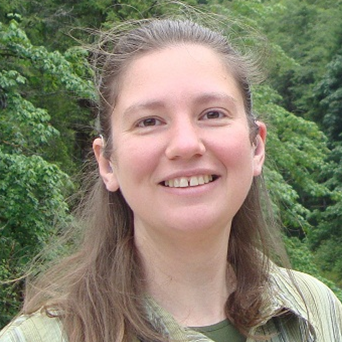
Rachel Joy is the congregational administrator at Portland Mennonite Church, in Portland, Oregon, where she has been a member since 2003 and where she became anabaptist. She is a distance student at Anabaptist Mennonite Biblical Seminary, working toward an MDiv degree with a pastoral studies focus. She previously completed a degree in Conflict Resolution focusing on international peacebuilding as well as on equity issues related to disability. She enjoys the beauty of the Pacific NW, plays cello, and likes to read and write poetry. She has lived most of her life with a moderate-to-severe hearing loss.


